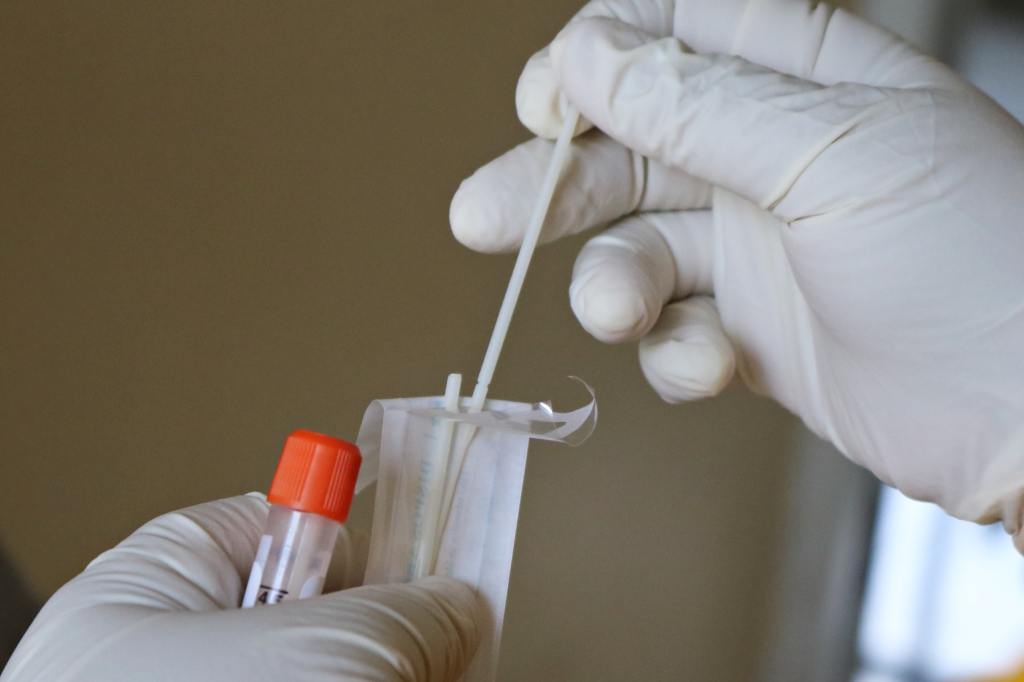
Admittedly, it is a little early to be reaching conclusions about the appropriateness of bringing criminal charges against the two former leaders of a state-run veterans’ home in Massachusetts where 76 veterans died from Covid-19. But this case — the first criminal case in the country stemming from a Covid-19 outbreak at a nursing home facility, appears to be part of an ongoing trend in our country to criminalize negligent or bad decision-making.
The criminal charges stem from a decision allegedly made by these two individuals, early in the pandemic, in March of 2020, to consolidate two dementia units into one. Apparently, this consolidation led to patients positive for the virus to be housed near non-infected patients, which led to significant spread and deadly results.

There is a lot that we don’t know. The lawyers representing the charged individuals have suggested that these charges are the result of an effort by state officials to scapegoat these two individuals who were placed in impossible situations. One of the lawyers was quoted in the Boston Globe as saying, “At all times, Mr. Walsh relied on the medical professionals to do what was best for the veterans given the tragic circumstances of a virus in a home with veterans in close quarters, severe staffing shortages, and the lack of outside help from state officials. The Attorney General should not be scapegoating Mr. Walsh, who was on the front lines trying his best to do whatever he could to help the Veterans of the Holyoke Soldiers Home, including asking for help from state officials and the National Guard, which arrived much too late.”
The sad truth is that periodically, reports surface alerting the public to lack of government funding of medical facilities for our veterans, which results in subpar and negligent medical treatment. That governmental negligence places the men and women charged with running these medical facilities in impossible situations. Inevitably, when tragedy strikes, the response of government officials is to blame the men and women who run the facilities without taking responsibility or acknowledging that, in large measure, it is the lack of adequate resources that resulted in the making of the tragic decision. In this instance, it appears that the state of Massachusetts has gone a step further by not only scapegoating these two individuals but attempting to turn them into convicted felons. It is worth noting that these two individuals are not crooks. They are people who appear to have distinguished careers grounded in service to the country. As pointed out by one of the lawyers, “Mr. Walsh has spent his entire life in the service of our country, first in active duty in the Marine Corps for 24 years and then serving other veterans as the Superintendent of the Holyoke Soldiers Home. He, like other nursing home administrators throughout the Commonwealth and nation, could not prevent the virus from coming to the Home or stop its spread once it arrived there.”
I will end as I began, with an acknowledgment that we don’t have all the facts, but we will continue to voice our concern and caution the public to be mindful that criminal sanctions are not intended to serve as punishment for all bad decisions. When people are hired to handle difficult jobs in challenging circumstances and with limited or inadequate resources, they are likely, from time to time, to make the wrong choice — that does not make them criminals.


